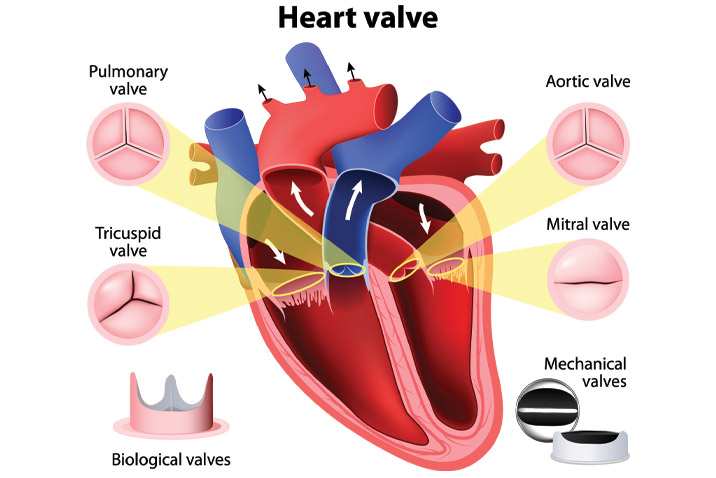
The damaged heart valves are replaced or repaired during heart valve surgery. The vital passageway for blood entering and leaving the heart is through the heart valves. These valves allow for enough opening for blood to pass through. An open-heart procedure that is frequently performed is heart valve surgery.
What causes issues with heart valves?
Rheumatic heart disorders in children are a common cause of heart valve disease in India. This can gradually harm the heart valve over many years.
Heart valve issues in western nations are caused by degenerative myxomatoses, a connective tissue disorder that affects the mitral valves. The mitral and aortic valves, two of the four heart valves that function in various heart chambers and arteries, are more prone to infection.
Replace or repair:
Heart valve surgery may involve either replacing or repairing the damaged heart valve. The Aortic valve is more frequently changed during surgery since it is unusual and has a low success rate.
In the first stages of rheumatic disease, the mitral valve can be repaired.
Because repair increases a patient’s chance of survival and interferes less with daily living, it is preferable to replacement. Children and women who are ready to have children repair things. However, if the valve repair fails after a while, another operation will be required. If a heart valve is too damaged and cannot be repaired, replacement is required.
Types of heart valves that are changed:
- Bioprosthetic Valve: Created with animal tissue
- Mechanical Valve: Constructed of a unique form of carbon alloy
Patients over the age of 60 are advised to use bioprosthetic valves since they have an average lifespan of 15 years. Younger people are not a good fit for this valve since they degrade more quickly.
Mechanical valves have a longer lifespan and sometimes even last a lifetime. The drawback is that they will always require blood-thinning medicines. This medicine, which can save your life, must be taken religiously and consistently. Patients with valve replacements should avoid injuries, illnesses, and meals high in vitamin “K,” as these things promote blood clotting.
For more details contact best cardiologist in Indore for best assistance.
